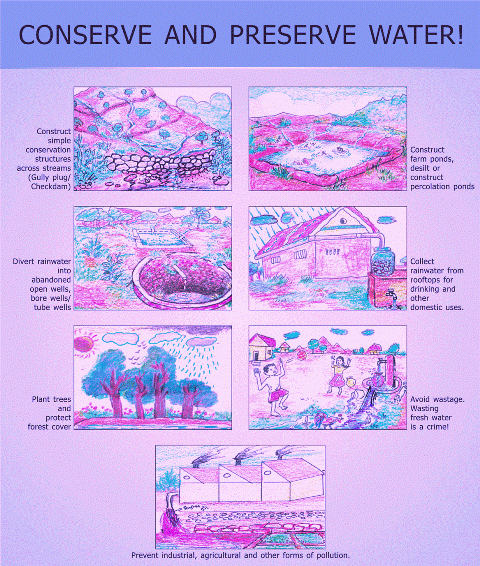While the global environment waits for the world to reach some form of agreement on climate policy, developing countries such as India are entering a phase of higher economic growth. The decisions on investment in energy systems that will be made in India in coming years will have an important impact on global climate change over the coming century. This paper explores how action could be undertaken in India today, in a way that commits India to longer run goals for greenhouse emissions but does not raise the short run cost to the development process in India.
The approach proposed is a modification of the McKibbin-Wilcoxen Blueprint for climate policy which relies on establishing property rights and markets in both short term and long term emission permits. The goal is to encourage long term investment decisions to move towards less carbon intensive activities. This approach could be unilaterally implemented in India. If successful it would not only reduce Indian carbon emissions but it would be an example for the entire developing world to follow and it might remove a key obstacle preventing the United States from implementing policies based on the argument that developing countries are not committed to taking action to reduce greenhouse emission.
This paper outlines the recent history and prospects for carbon emissions in India. It also explores the various alternative economic instruments that might be used. The paper presents illustrative results for the consequences of a rise in the price for carbon in India based on a new version of the G-Cubed multi-country model that includes India. This simulation illustrates that an immediate increase in the price of carbon either through taxes or from entering a Kyoto style permit trading market could be very costly for India. Thus a credible commitment such as would be possible under the Blueprint is the best way to change investment incentives in India while at the same time give India time to develop before contributing to the cost of global greenhouse abatement.
To view this paper, visit the link
Popular Posts
-
History of Social Work Thanks: Thiru. S. Rengasamy, Lecturer, MISS, Tamil Nadu, India
-
THIS INDENTURE made at (name of City/Town/Village), this (date) day of (month) 19 (year), BETWEEN Mr./Mrs./Ms.______________________________...
-
Tamilnadu Vazhndhu Kaattuvom Project is an empowerment and poverty alleviation project implemented by the Rural Development and Panchayat Ra...
-
If you want something you never had, do something you have never don e........ As the new year blossoms, may the journey of your life be fra...
-
I. Summary A. Types of Organizations 1. Trusts Public...
-
Set up with financial resources contributed by Azim Premji, Chairman, Wipro Corporation, Azim Premji Foundation aims at making a tangible im...
-
Understanding the Narcissistic Phenomenon The so called ‘narcissistic personality disorder’ is a complex and often misunderstood diso...
-
Introduction A public charitable or religious institution can be f...
-
If you were given the task of setting up a new Human Resource Department in a small company where would you begin? Such a task would be extr...
-
Behavior Change Communication (BCC) is a tool for promoting and sustaining risk-reducing behavior change in individuals and communit...
Disclaimer:
This blog is designed to provide and encourage access within the social work community to sources of current and comprehensive information. Therefore, Indiansocialworker.blogspot.com itself places no restrictions on the use or distribution of the data contained therein.
Some Indiansocialworker.blogspot.com web pages may provide links to other Internet sites for the convenience of users. Indiansocialworker.blogspot.com is not responsible for the availability or content of these external sites, nor does Indiansocialworker.blogspot.com endorse, warrant, or guarantee the products, services, or information described or offered at these other Internet sites. Users cannot assume that the external sites will abide by the same Privacy Policy to which Indiansocialworker.blogspot.com adheres. It is the responsibility of the user to examine the copyright and licensing restrictions of linked pages and to secure all necessary permissions.
- Indian Social Worker Team







No comments:
Post a Comment